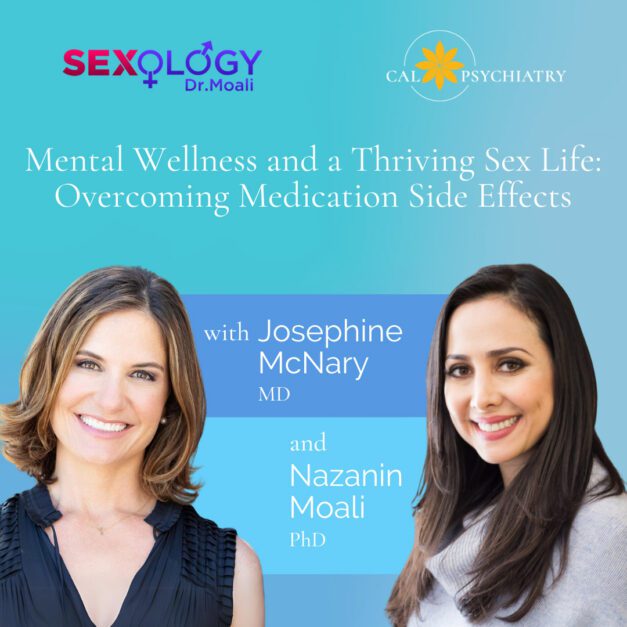Scientists have found that there is a clear connection between our gut health and brain health. In a new study to be published in the Journal of Alzheimer’s Disease, researchers can confidently say that our gut bacteria seems to be intimately tied to the development of Alzheimer’s. While more needs to be done to fully understand this connection, this could mean a huge breakthrough in the science surrounding Alzheimer’s disease and future treatments.
Alzheimer’s disease is the most common cause of dementia worldwide, and while there are some known genetic linkages for development of the disease, a lot is still unknown about who gets it and why. Recently however, “a team from the University of Geneva (UNIGE) and the University Hospitals of Geneva (HUG) in Switzerland, together with Italian colleagues from Fatebenefratelli, the National Research and Care Center for Alzheimer’s and Psychiatric Diseases in Brescia, University of Naples and the IRCCS SDN Research Center in Naples”, have discovered that there is indeed a link between gut bacteria and the development of Alzheimer’s disease. These results, to be published in the Journal of Alzheimer’s Disease, could be pivotal in terms of increasing our understanding of the disease and possible ways to prevent and/or slow progression.
We know that In Alzheimer’s disease, the brain becomes full of what are known as “amyloid plaques.” These amyloid plaques are essentially misfolded proteins that lodge themselves in different parts of the brain; in Alzheimer’s disease, the plaques are found in the areas responsible for memory and cognitive functions. To date, our treatments for Alzheimer’s have focused on slowing the progression of the disease, but we haven’t been able to pinpoint who is at higher risk for developing it (except for a few genes that confer higher risk). This study conducted by the UNIGE and associated teams now shows that “[p]roteins produced by certain intestinal bacteria, could indeed modify the interaction between the immune and the nervous systems and trigger [Alzheimer’s].” To do this, researchers studied the levels of certain bacterial products in the brains of 89 people from the ages of 65-85 years old (some with Alzheimer’s and some without). The results were clear—there is a link between proteins and fatty acids associated with certain gut bacteria and the development of Alzheimer’s disease.
While this news is exciting to say the least, researchers say there is more we need to do to understand this connection between gut bacteria and the brain. We now know that a linkage exists, but we need to figure out which bacteria are neuroprotective and which are more associated with disease development. In the future, therapies such as “prebiotic cocktails” of certain bacteria could be recommended to help strengthen people’s gut bacteria and increase the numbers of the protective strains. As of now, no physician groups formally recommend that people supplement with pre- or probiotics to prevent Alzheimer’s. The Alzheimer’s Association continues to recommend the following to decrease a person’s chance of developing dementia:
- Eat a heart-healthy diet rich with fruits and vegetables and lower in saturated fat and sugar (think the Mediterranean diet)
- Get the recommended 150 minutes of physical activity per week
- Keep social connections strong—people who are more engaged in relationships and less isolated seem to have less chance of developing dementia
- Stopping smoking
At CalPsychiatry, while we don’t specialize in the treatment of dementia, our physicians are aptly trained to help identify when someone may be showing early signs of cognitive decline. Moreover, there is a clear link between untreated depression and the development of dementia, and depression is most certainly in our wheelhouse! If you or a loved one is starting to show the signs of cognitive decline, book a consultation to speak with one of our psychiatrists today. We can make sure there isn’t a psychiatric cause to the presentation and help you navigate next steps.





